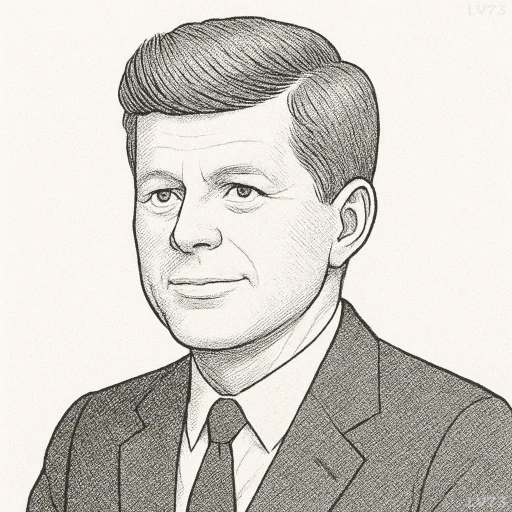“Tolerance implies no lack of commitment to one’s own beliefs. Rather it condemns the oppression or persecution of others.”

- May 29, 1917 – November 22, 1963
- American
- Politician
table of contents
Quote
“Tolerance implies no lack of commitment to one’s own beliefs. Rather it condemns the oppression or persecution of others.”
Explanation
In this statement, John F. Kennedy offers a nuanced view of tolerance, emphasizing that it does not require the abandonment or compromise of one’s own values and beliefs. Rather, tolerance is about respecting the rights of others to hold differing views and allowing them to express those views freely without fear of oppression or persecution. Kennedy’s framing of tolerance as a moral stance against injustice and persecution speaks to the core of democratic principles. He suggests that tolerance is an essential element of a free and open society, but it should never be confused with relativism or indifference to one’s own beliefs.
Kennedy’s perspective also calls attention to the importance of civic responsibility—the idea that individuals and nations must not only respect others’ rights to hold differing opinions but also take an active stand against actions that suppress those rights. This resonates with his broader commitment to civil rights and the protection of freedoms in the face of discrimination and injustice. During his presidency, Kennedy worked to address issues of racial inequality, advocating for legislation to end segregation and protect the rights of African Americans, as well as standing against any form of tyranny or repression that threatens personal freedoms.
Kennedy’s notion of tolerance is particularly relevant in our globalized world, where diverse cultures and worldviews often come into contact and conflict. Tolerance is necessary for peaceful coexistence, but it should never mean the passive acceptance of injustice. The quote highlights the need for individuals and societies to stand firm in their beliefs while also respecting others’ right to do the same. In modern contexts, this idea remains vital as societies continue to grapple with issues of religious freedom, minority rights, and the balance between free speech and respect for different cultural or political perspectives. Kennedy’s vision of tolerance promotes a society where dialogue and difference are embraced, not as weaknesses, but as strengths that contribute to a more just and inclusive world.
Would you like to share your impressions or related stories about this quote in the comments section?


